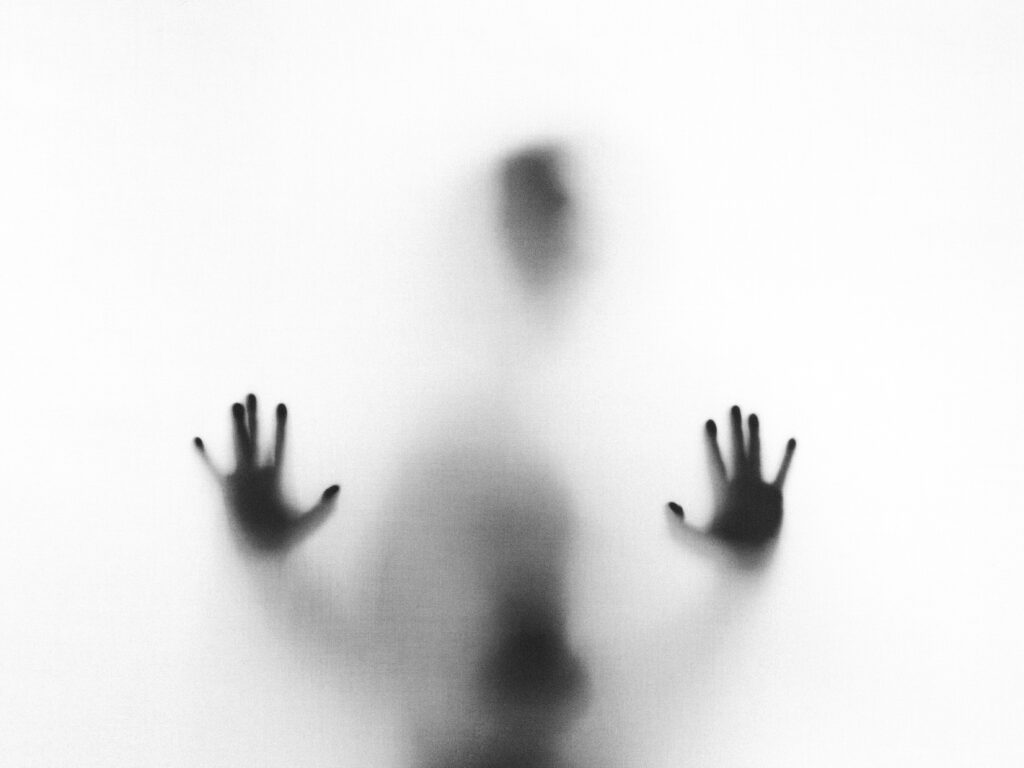Last Updated on December 20, 2023
We live in a world that glorifies fearlessness. The accustomed image of a leader is one who is smart, strong, and brave. But fear, like any other emotion, has its purpose and usefulness. Fear is what makes us approach certain situations with precaution and prevents us from rushing into things and potentially making big mistakes. It is here to remind us that we’re in a difficult situation and that we should proceed with caution – in order to protect ourselves.
And while fear of making mistakes, like any other fear, serves its purpose and, in normal doses, helps most of us to think about a situation twice before we start dealing with it. But for some, the fear of making mistakes can turn into a crippling phobia that infiltrates every part of their life.
Atelophobia defined
To fully understand what atelophobia is, we first need to understand what a phobia is. Some people interpret phobia as a fear that is bigger than usual, but that’s only a part of it. Phobia is actually a type of an anxiety disorder that manifests itself as a constant, unrealistic, and exaggerated fear. This anxious fear, also known as a specific phobia, refers to an intense and unproportional fear of a specific object, person or situation.
As mentioned earlier, experiencing fear in normal doses is not a bad thing, but when talking about phobias, it’s important to note that with them, more often than not, there is no real risk or danger. This often imaginary threat can obstruct our daily routines, burden relationships, limit our capacity to work, and lower our self-esteem.
Atelophobia is an irrational and excessive fear of making mistakes that can be considered as an extreme form of perfectionism. But, it’s more than that – this unquestionably irrational fear of making mistakes prevents people and makes them avoid doing many things because they start doing nothing, rather than doing something and risk making a mistake.
What is more, they constantly obsess about past mistakes or visualize and think about mistakes they could make in the future.
These thoughts generate overpowering anxiety, and can make people experiencing them feel panicky, nervous, nauseous, out of breath, dizzy, or experience heart palpitations.
This overwhelming fear of making mistakes often leads to persistent judgment and negative self-evaluation because you’re not doing things perfectly, properly, or the right way – from your point of view. This kind of need for perfectionism is not the same as having ambition or aspiring towards excellence.
Even though we all want to be successful, we also have the ability to tolerate some shortcoming and manage our feeling of anticipation, as well as accept the mistakes we made. Individuals with atelophobia get crushed by even the idea of an unsuccessful venture, which often leaves them feeling wretched and depressed.

Atelophobia symptoms
The symptoms of atelophobia are quite similar to other specific phobias and can include:
- Panic attacks
- No being able to make a decision
- Not being able to relax
- Frequent feelings of dizziness
- Prickly sensations
- Palpitations
- Various aches & pains
- Dry mouth
- Excessive sweating
- Shortness of breath
These symptoms are generally unconscious and uncontrollable and can overwhelm a person’s thoughts which can lead to taking extreme measures to avoid situations that provoke fear.
Unfortunately, by avoiding such situations a paradoxical effect occurs and the phobia only gets bigger.
With time, most people simply accept their symptoms and learn to live with them – without actually living their full life.
Atelophobia causes
Just like other specific phobias, it is assumed that the causes of atelophobia stem from one of the two components – genetic or learning.
Additionally, it is argued that in the case of atelophobia the educational styles one is exposed to as a child play an important role. For that reason, environmental factors and the discipline to which the individual is exposed during their maturation can lead to the appearance of atelophobia.
Educational models accentuated by self-demand, flawlessness, or rigidity could be some of the major factors in the emanation of atelophobia. Similarly, parents with patterns of conduct marked by obsession, strictness and intolerance to failing can also contribute to the development of an intense fear of making mistakes and not being perfect.
In contrast with other phobias, atelophobia may be closely related to the making of a particular personality type. In this manner, the fear of making mistakes can be interpreted as an anxious response or it can come from a pattern of behavior – a way of being and type of fixed personality.
This axiom can be demonstrated in the repercussions of the disorder, namely, in the operation triggered by having a phobia of imperfection. On the other hand, it is also difficult to specify the genesis of a pathology.
Also, there is a strong correlation between wanting to be perfect and burnout. Perfectionistic worries, associated with fears and doubt about individual performance and achievements, can result in a burnout in the workplace.
This is why it is important to practice self-care and understand your limits. To avoid burnout, you should try to be realistic in your expectations which is something that is extremely difficult for individuals suffering from atelophobia.
It is important to realize that striving for perfection can actually hinder your ability to do your best. Seeking help from a mental health professional can help you learn skills to control your perfectionistic behavior.








